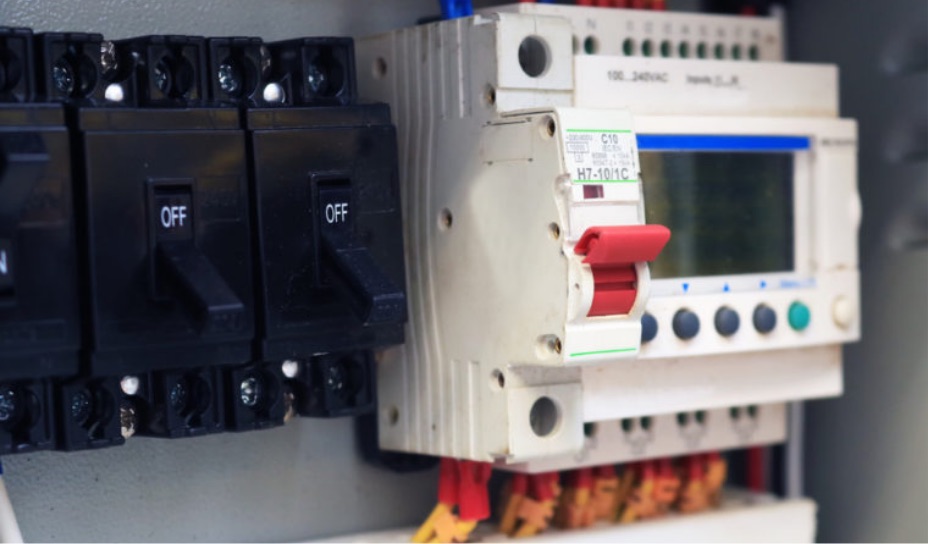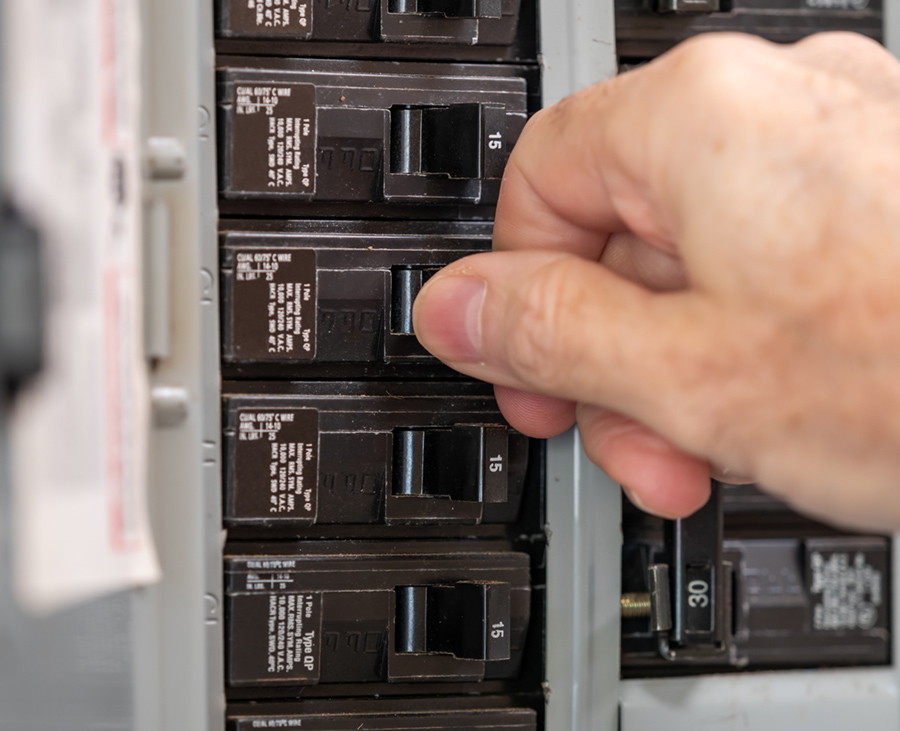When installing or using your electrical system, there is always the chance of shock. Now there will be some DIYers who are comfortable with basic wiring practices; however, unless you’re absolutely qualified for system installation, DIY recommends you leave the installation of your home’s electrical system to licensed electricians.
Not only will a licensed electrician make sure your electrical system meets with all required safety codes, they can also oversee the installation of common safety products. For example, one of the most common items added to your electrical system is a ground fault circuit interruptor — or GFCIs for short.
By installing a ground fault circuit interruptor — or ground fault circuit breakers — you can protect areas that may be moist, such as bathrooms and kitchens. A ground fault interruptor is an electrical device designed to protect you from serious injury due to shock.
GFCIs constantly monitor the electricity flowing in a circuit. Should that current be interrupted for any reason — or waver by even the slightest amount — the GFCI will instantly shut down the current flowing through that circuit.
Note: A GFCI will respond to a current variation too small for even a circuit breaker or fuse to detect.
Along with GFCIs there are a number of simple precautions you can take at home that will prevent injuries related to your home’s electrical systems. Here’s a rundown:
- Always remove cords from a socket by grabbing the plug. Never tug on an appliance cord. Removing cords in this fashion can lead to fraying, and frayed cords can cause electrical shock. Frayed cords that are under or on carpet can cause a fire and should be replaced or repaired.
- Always use the recommended wattage bulb in lamps and light fixtures.
- Avoid using electrical appliances in wet places. If you must work in a wet or damp area, always use a portable GFCI outlet for the needed appliance.
- Never overload an outlet.



